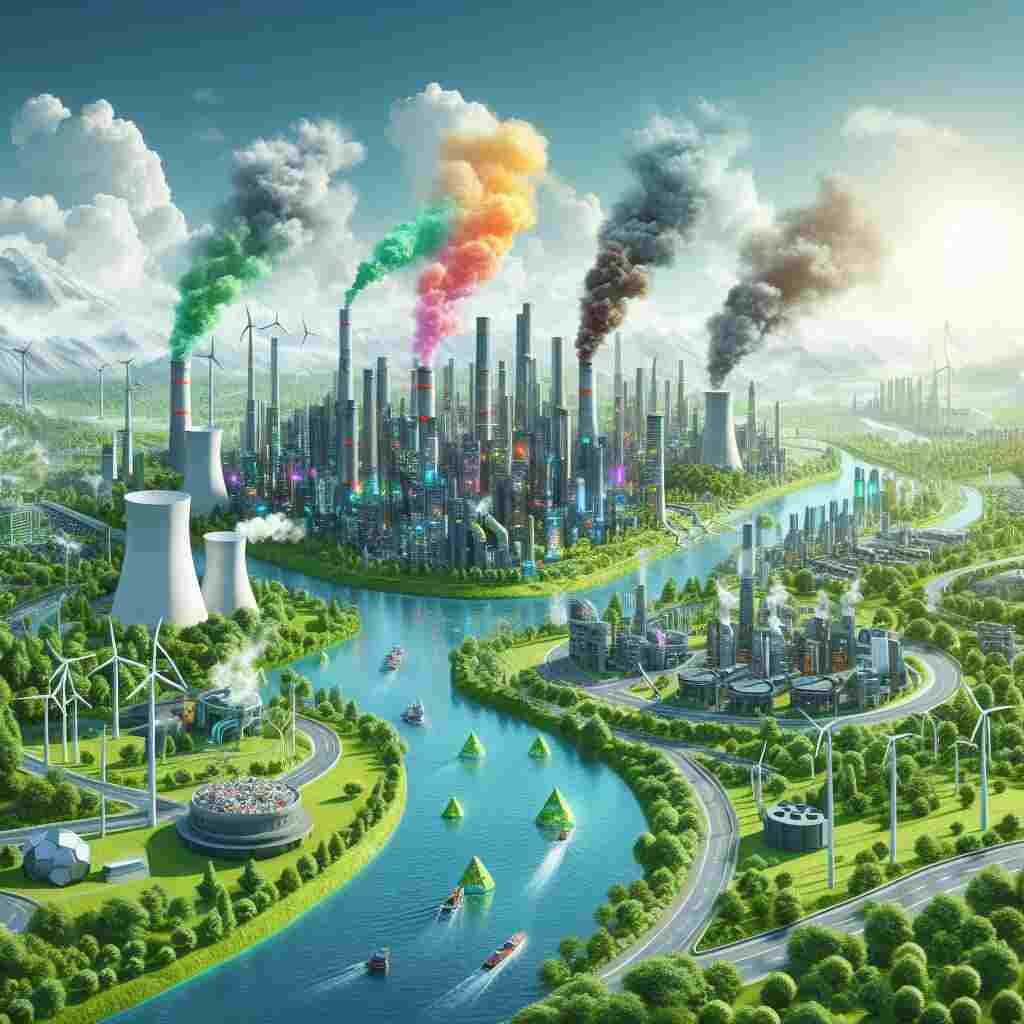handshakejournal.org – In recent years, the world has witnessed a significant increase in waste production, leading to environmental concerns and the urgent need for innovative recycling solutions. Revolutionizing Waste: Innovations in Recycling. This article explores how various industries are revolutionizing waste management through innovative recycling technologies and practices.

The Rise of Recycling Technologies
With the rise of environmental awareness, industries are increasingly investing in recycling technologies to reduce waste and minimize their environmental impact. These technologies range from advanced sorting systems to cutting-edge recycling processes, all aimed at maximizing resource recovery and minimizing landfill waste.
One of the key innovations in recycling technology is the use of artificial intelligence (AI) and machine learning in waste sorting. These technologies enable automated sorting of recyclable materials, such as plastics, metals, and paper, with high accuracy and efficiency. By incorporating AI into recycling processes, industries can significantly improve recycling rates and reduce contamination, thus ensuring higher-quality recycled materials.
Sustainable Packaging Solutions Revolutionizing Waste: Innovations in Recycling
Another area where innovation is revolutionizing waste management is sustainable packaging solutions. Companies are increasingly adopting eco-friendly packaging materials, such as biodegradable plastics and compostable packaging, to reduce waste and environmental impact. These sustainable packaging solutions not only minimize the use of non-recyclable materials but also promote a circular economy by ensuring that packaging materials can be easily recycled or composted.
Recycling in the Digital Age Revolutionizing Waste: Innovations in Recycling
In the digital age, technology is playing a crucial role in revolutionizing waste management. One notable example is the use of blockchain technology to track and trace recyclable materials throughout the recycling process. By leveraging blockchain, industries can ensure transparency and accountability in recycling practices, thereby building trust among consumers and stakeholders.
The Role of Slot Gacor Online in Recycling
While the connection may not be immediately obvious, the online gambling industry. Particularly slot gacor online, can play a role in promoting recycling. Online gambling platforms can raise awareness about recycling through educational campaigns and initiatives. Additionally, these platforms can incentivize recycling by offering rewards or bonuses to players who recycle or participate in recycling programs. By leveraging their vast online presence, slot gacor online platforms can reach a large audience and promote sustainable practices.
In conclusion, innovations in recycling are revolutionizing waste management, offering sustainable solutions to the growing waste problem. From advanced recycling technologies to sustainable packaging solutions. Industries are increasingly adopting innovative practices to reduce waste and minimize environmental impact. By leveraging technology and promoting sustainable practices, we can create a more sustainable future for generations to come.



